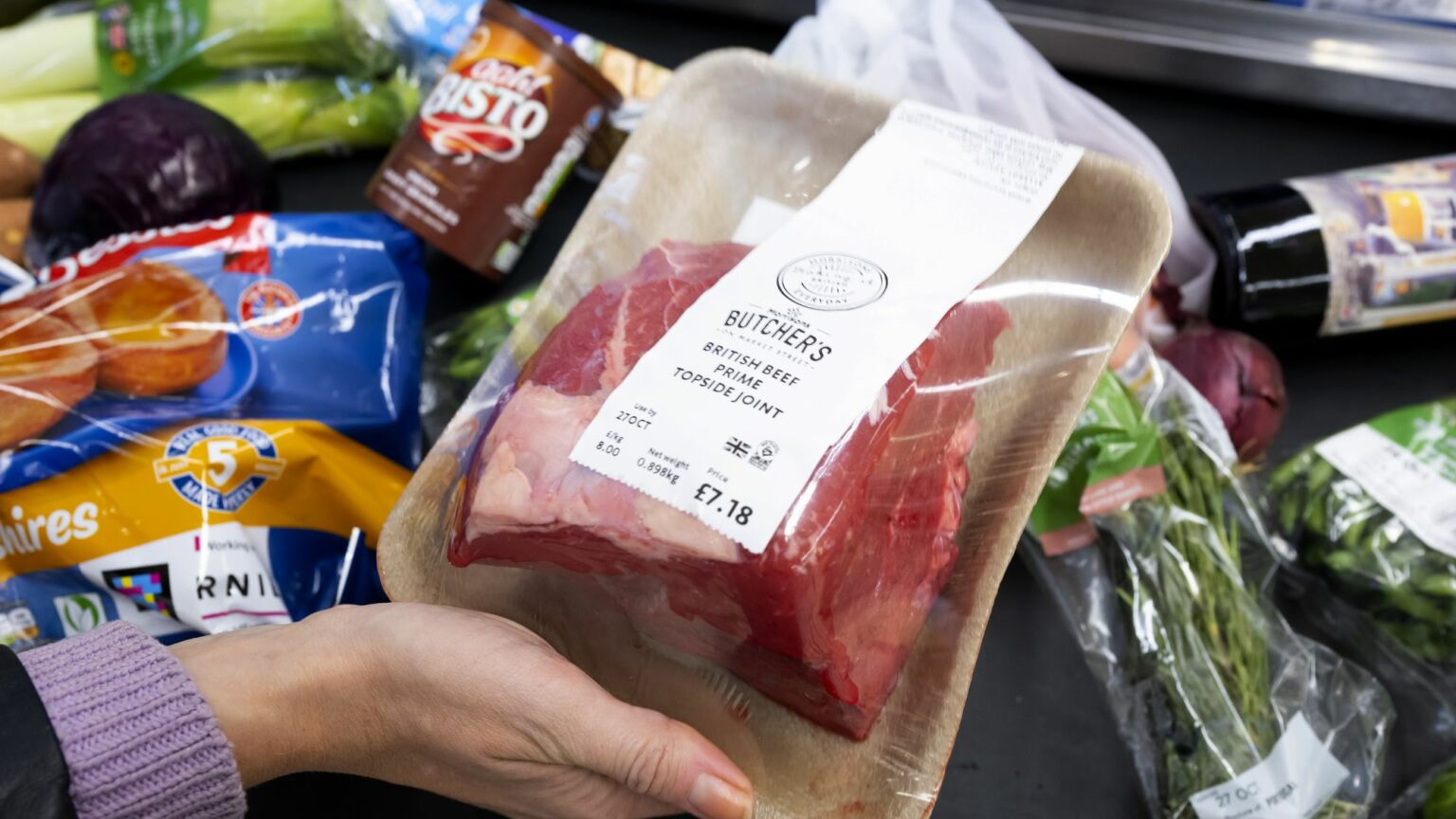A meat tax is a horrendous idea
Making meat unaffordable would be bad for our diets, the environment and our basic freedom of choice

Before prime minister Rishi Sunak announced plans to water down the UK’s Net Zero policies last week, there had been an implicit agreement between the major parties not to discuss Net Zero in any detail. They were happy to endorse Britain’s quest to decarbonise the economy by 2050, which would let them pretend to be ‘saving the planet’, knowing they could leave a future generation of politicians to deal with the practicalities and costs.
In reality, both Labour and the Conservatives have always been aware that, as the 2050 deadline nears, they would have to adopt increasingly punitive climate policies. And they’ve always known these would heap enormous costs on to households. So it was beneficial for both parties to sweep the costs of Net Zero under the carpet for as long as possible.
But now Sunak has broken this entente. Regardless of his motives, he has done us all a great service by forcing environmentalists of all stripes to confront the true costs of their Net Zero escapades. The policies abandoned, postponed or ruled out by Sunak would have forced thousands of people to shell out on heat pumps and electric cars, and would have levied new taxes on flights and on meat.
Sunak has since been accused of attacking straw men. He has ‘scrapped’ policies which were never going to happen anyway, many environmentalists insist. But these greens protest too much. Future governments will be under pressure to make strides towards Net Zero and will have to resort to using the tools at their disposal – taxes and regulations – to cut emissions, even at the expense of our standard of living. All these policies would have been on the agenda within a decade.
Take the meat tax, for instance. Given meat production represents more than a third of global emissions, going ‘plant-based’ has long been deemed necessary, in environmentalists’ eyes, to stop climate change. Hence calls for a meat tax were already gaining ground within the green movement. And it has already been proposed by the Department for Business and Trade’s Behavioural Insight Unit.
Had Sunak not intervened last week, it’s likely a meat tax would have been a cross-party policy within a few election cycles. Perhaps it still will be. But if the Tories continue challenging Net Zero, it will at least be a little less likely.
A meat tax, suffice to say, is a horrendous idea. First off, it won’t work. The last time the government tried to tax our diets was when it imposed the sugary-drinks levy in 2018. This has had no measurable impact on sugar consumption or obesity, despite its promoters’ claims to the contrary.
Even more damningly, a meat tax would do little good for the planet, even if it did discourage meat consumption. Meat substitutes like tofu and tempeh, which the taxman presumably wants us to eat instead of meat, are made from soybeans. Soy production is known to destroy soil fertility and biodiversity, and to accelerate deforestation. Its own greenhouse-gas emissions are significant, too.
Of course, one thing the soft-drinks levy did achieve – as a meat tax would, too – was to increase prices. With food and drink inflation at 13.6 per cent in the year leading up to August, artificially bloating the price of essential food items for families already struggling to make ends meet is short-sighted in the extreme. Some estimates suggest the cost of sugar taxes to shoppers runs into the billions. A meat tax might prove yet more costly for those who can least afford it, especially since supposedly eco-friendly meat substitutes are considerably more expensive than the real thing.
Climate change is fast becoming the front line in the battle against the nanny state. The usual suspects want to tax and ban things they dislike – meat, sugar, petrol cars – no matter the cost to everyone else. If we let them have their way, it will never end. A meat tax won’t help the planet, but it will hurt our wallets, our diets and, worst of all, our basic freedom of choice.
Jason Reed is the UK lead at Young Voices and a political and policy commentator for a wide range of outlets. Follow him on Twitter: @JasonReed624
Picture by: Getty
To enquire about republishing spiked’s content, a right to reply or to request a correction, please contact the managing editor, Viv Regan.









Comments
Want to join the conversation?
Only spiked supporters and patrons, who donate regularly to us, can comment on our articles.